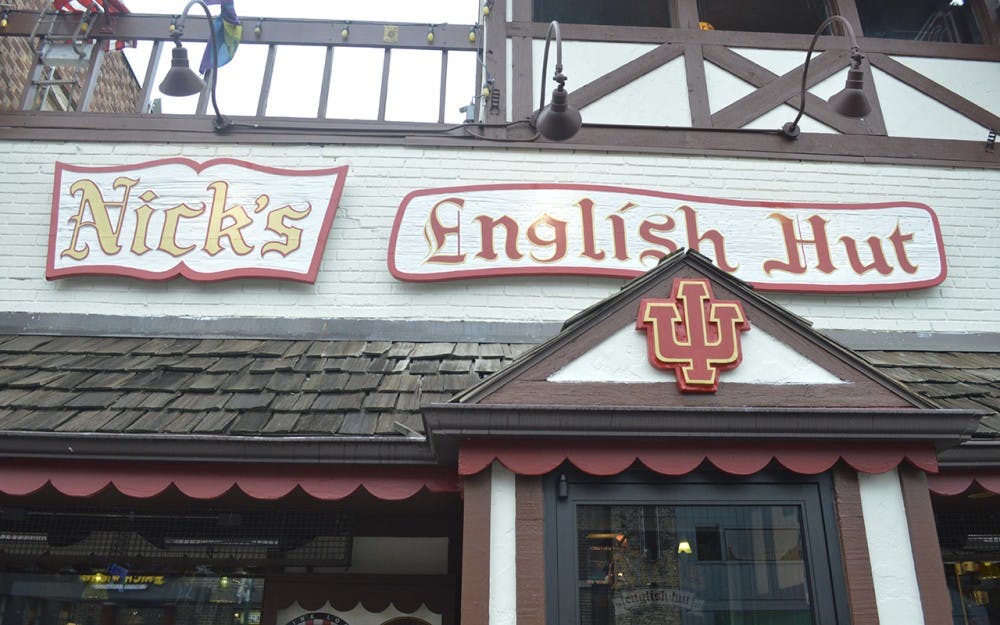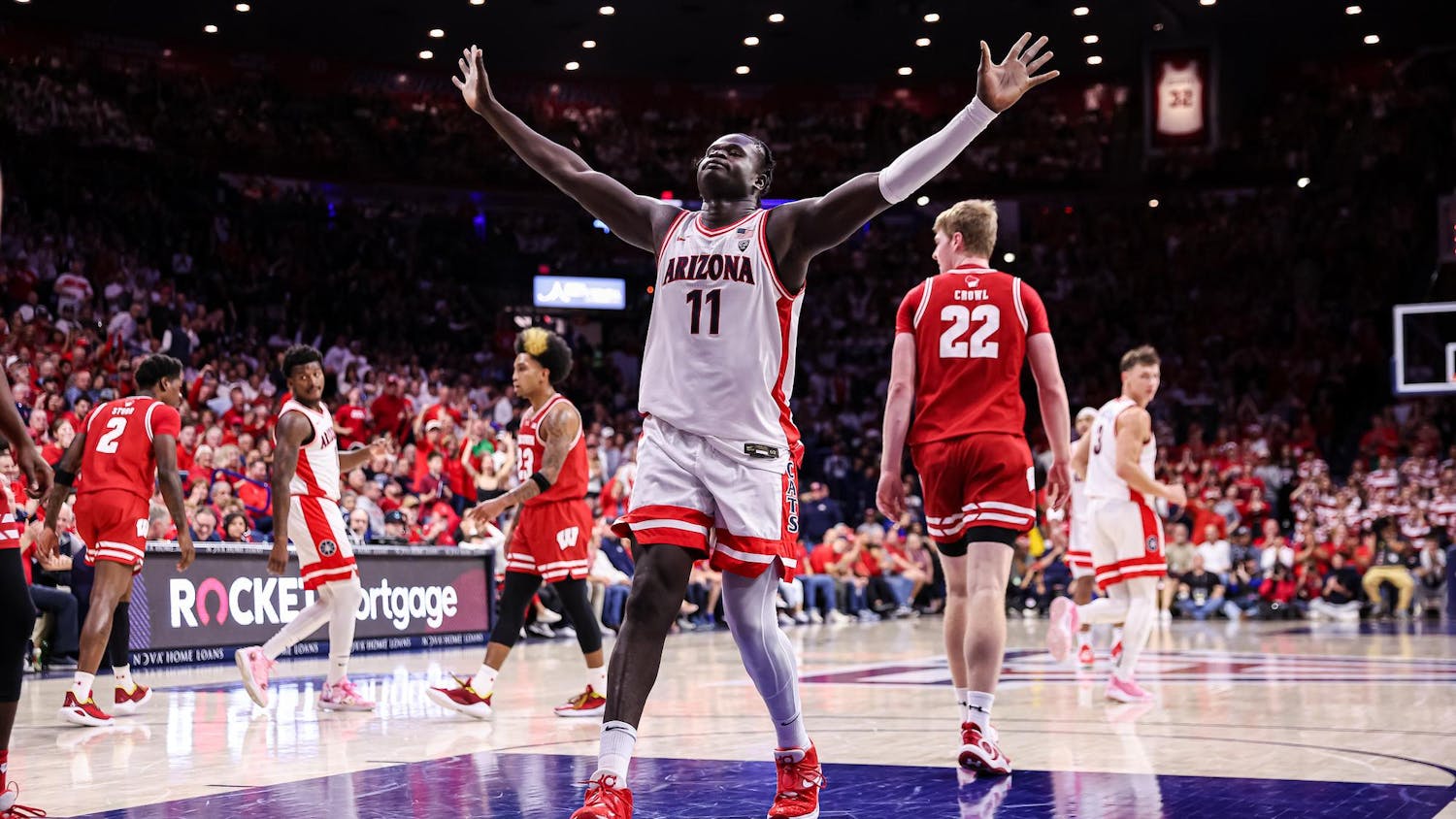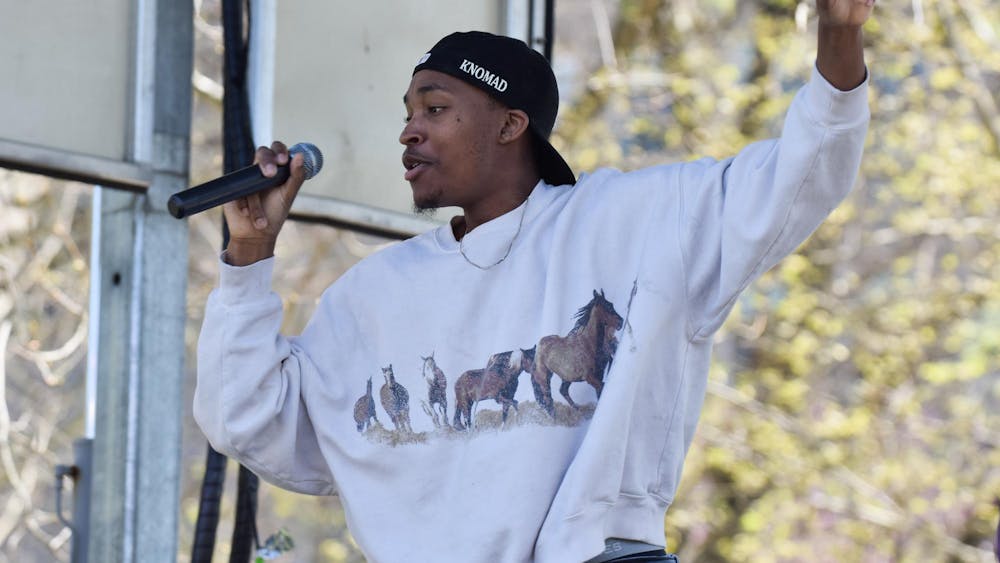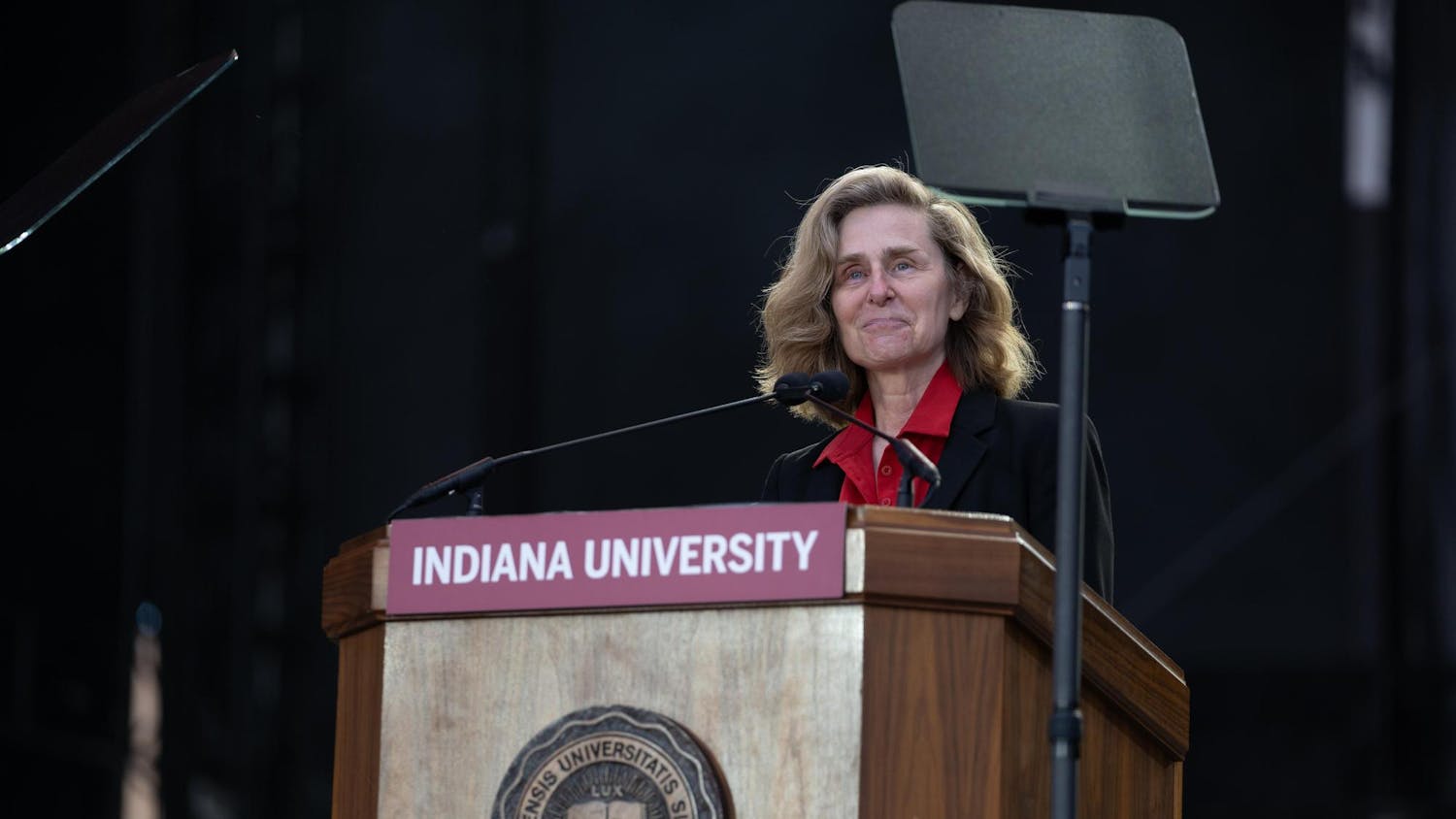When Omar Mateen appeared in the Orlando, Florida, nightclub Pulse one June night, no one suspected he would go on to kill 49 people and wound 53 others. This hate crime and domestic terrorist attack was the largest mass shooting in United States history.
In Oakland, California, earlier this month, 36 people were killed in a fire at Ghost Ship, an artist collective warehouse converted into a nightclub. The cause of the fire is not yet known, but it is suspected to have been caused by hazardous building conditions.
More than 10 complaints had been filed about the property since 1998, with the most recent complaints Nov. 13 and 14 of this year, according to Oakland and Alameda County records. The warehouse fire was the deadliest in Oakland’s history.
In both of these instances, neither club expected or was prepared for what was to come. Some Bloomington bars and restaurants have also thought through potentially dangerous scenarios that could happen.
Singer-songwriter Jason Wilber performed Wednesday night at Player’s Pub surrounded by families listening to the music, laughing and enjoying dinner together. If an average night like this at the pub were interrupted by an attack, the immediate plan would be to get people out the back and call the police, said Christopher Breedlove, a manager at Player’s Pub.
“If somebody came in here, me and the door guy would probably go down fighting,” Breedlove said. “I hope I wouldn’t be crouched behind the bar panicking.”
Dave Coober, a doorman at Player’s Pub, said he believes his strength and experience could stop an attack at Player’s Pub.
He has worked doors at bars across the country for 32 years. At one of the bars, a man was drunk and waving his gun around and threatening to shoot. Coober came up behind him and grabbed the gun. In the process, he broke the man’s wrist.
“I didn’t mean to break his wrist,” Coober said. “It just happened. If I see something, I do something about it.”
Nick’s English Hut owner Gregg Rago said if this were to happen at a bar or restaurant in Bloomington, he would not know how to prepare.
Nick’s total capacity, including the Hoosier Room, is 470 people, Becca Molengraft, a Nick’s manager, said. Zac Coddens, a Nick’s manager, said on a busy day the restaurant will easily have from 1,000 to 2,000 customers pass through its door.
Protecting this many people would be a challenge, but he would encourage the staff to remain calm, Rago.
“People know what to do in these situations,” Rago said. “They rely on their instincts.”
Jeremy Watson, a manager at Brother’s Bar and Grill, said his staff was recently trained on safety measures, and to his surprise some of this training included what to do if there was a terrorist attack.
Watson said his main concern is the number of people carrying guns and knives. He said he estimates that anywhere between 10 to 15 people are carrying a knife at any point in time at every bar in Bloomington.
Nick’s does not allow guns, Rago said. There is a no guns sign on the front door, and if a customer is carrying a weapon, they will be asked to leave the restaurant, even if they have a license to carry.
“You don’t know their psyche,” Rago said.
Player’s Pub does not allow guns either, Coober said. He said if he sees a customer with a gun, he will ask them to return it to their car.
“They usually cooperate,” he said.
However, Watson said he believes most of the danger is outside the bar, rather than inside. Multiple stabbings have occurred outside Brother’s in the alley or by Black’s Mercantile, Watson said. However, victims have fled into the bar to seek shelter. Under these circumstances, Watson said the bar would lock the doors.
Brandon Sims, a manager at Brother’s, said employees were recently trained at the bar’s Indianapolis location by an ex-police officer on protocol if there is a terrorist attack in the area. Employees were taught to take precautions such as shutting down the store and not letting anyone in or out, he said.
Nevertheless, Breedlove said he is not concerned about an attack at Player’s Pub because he has worked at the business for over five years and he has never even seen a fist fight.
Coober said an attack at Player’s Pub is unlikely.
“It would never happen here,” Coober said. “Everyone who comes in here is super nice. It’s like a big giant family here.”
Coober said the only violent things that happen are with the homeless outside of Player’s Pub. Once, a homeless man attacked a customer after the customer refused to give the homeless man a cigarette, Coober said. He came outside and held the homeless man down with a chair until the police arrived.
However, Rago said times have changed. There never used to be metal detectors at the airport or at sporting events, but now they are everywhere, he said. Metal detectors may become necessary in bars and restaurants to prevent attacks, he said. As a business owner, Rago said he is concerned that the metal detectors could raise operating costs.
Portal metal detectors vary widely in price, according to the National Institute of Justice. Portals on the market range from as little as $1,000 up to as much as $30,000. However, the lower price $1,000 models are not recommended because they lack sensitivity. The moderately-priced models, about $4,000 to $5,000, probably offer the features required for a school metal detection program.
Purchasing metal detectors and training employees on how to use the equipment would be costly, Rago said. This would mean the business would have to raise prices, so the cost of the equipment and training would go directly to the consumer. This isn’t ideal, Rago said.
However, metal detectors in nightclubs like Pulse in Orlando could have prevented the shooting, he said.
“You really don’t think the apocalypse is going to happen until it does,” Rago said. “We may need to be ready.”






